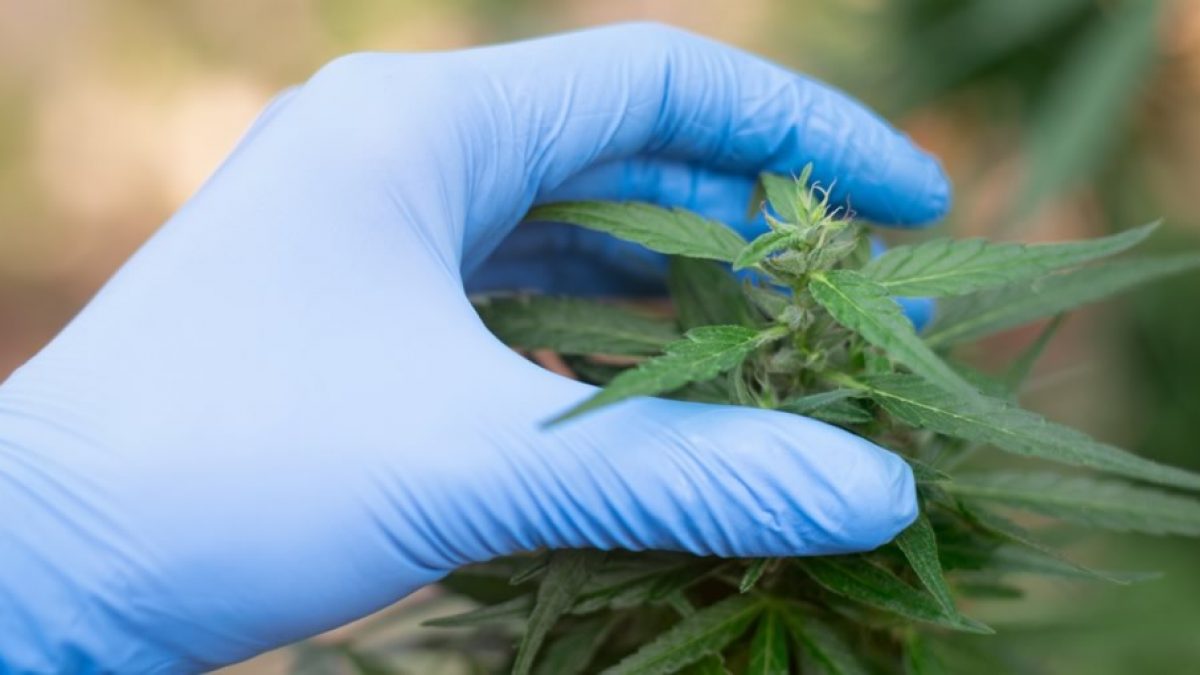Steps to Protect Your Medical Cannabis Card for Optimum Health Benefits
The Recovery Power of Medical Cannabis: a Deep Dive Into Its Potential to Deal With Various Conditions
In current years, the conversation around the therapeutic potential of clinical marijuana has gained considerable grip within the medical community. The developing landscape of medical marijuana offers an intricate tapestry of prospective advantages that require a closer exam, shedding light on a realm of treatment opportunities that proceed to intrigue professionals and individuals alike.
Healing Benefits of Clinical Cannabis
In the realm of modern-day medication, the therapeutic advantages of medical cannabis have arised as an appealing avenue for treating numerous wellness conditions. The active substances in cannabis, known as cannabinoids, connect with the body's endocannabinoid system to create a variety of results that can be beneficial for individuals. One of one of the most well-known cannabinoids is cannabidiol (CBD), which has acquired interest for its possible anti-inflammatory, analgesic, and anxiolytic properties without the psychoactive impacts generally associated with tetrahydrocannabinol (THC)
Medical marijuana has shown particular promise in minimizing persistent pain, spasticity connected with multiple sclerosis, nausea and vomiting in radiation treatment people, and symptoms of certain neurological problems like epilepsy. Study is additionally exploring its capacity in handling mental health conditions such as stress and anxiety, anxiety, and trauma. In addition, clinical cannabis is being checked out for its anti-inflammatory buildings, which can have effects for problems like arthritis and inflammatory bowel illness.
Minimizing Chronic Discomfort With Marijuana
Having demonstrated efficacy in addressing a range of health and wellness conditions, medical marijuana especially shines in its ability to offer relief for individuals facing persistent pain. Persistent pain, defined by its determination and debilitating nature, influences millions worldwide, usually substantially affecting top quality of life. Conventional discomfort administration approaches, such as opioids, might include unfavorable adverse effects and the threat of dependency, driving several clients to look for alternative options.
Medical marijuana has emerged as an appealing alternative for chronic discomfort management as a result of its analgesic properties. The cannabinoids existing in marijuana, especially tetrahydrocannabinol (THC) and cannabidiol (CBD), connect with the body's endocannabinoid system to assist manage pain perception and inflammation. Researches have shown that clinical cannabis can properly minimize persistent discomfort connected with problems like arthritis, fibromyalgia, multiple sclerosis, and neuropathy. Moreover, marijuana offers a more all-natural and potentially much safer choice to conventional discomfort medications for lasting usage.

Handling Stress And Anxiety and Stress And Anxiety
Medical marijuana offers a practical choice for people seeking relief from anxiousness and tension due to its potential soothing impacts on the body and mind. By potentially affecting the launch of neurotransmitters and regulating stress reaction, medical marijuana reveals promise in offering a natural choice for handling these conditions.
In addition, unlike conventional anti-anxiety medications that might include undesirable adverse effects or threat of dependence, clinical marijuana uses a possibly safer option for people seeking to alleviate anxiousness and stress. However, it is critical for people thinking about medical cannabis for these functions to seek advice from with a healthcare copyright experienced about clinical cannabis see this site to ensure secure and efficient usage.
Marijuana for Neurological Disorders
Research study has shown promising potential in using marijuana for taking care of neurological disorders. Neurological problems incorporate a variety of conditions affecting the mind, back cord, and nerves, such as epilepsy, numerous sclerosis, Parkinson's condition, and Alzheimer's condition. Marijuana, with its energetic compounds like THC and CBD, has actually demonstrated neuroprotective, anti-inflammatory, and antioxidant residential or commercial properties that could profit individuals with these disorders.

While even more professional tests are required to totally recognize the efficacy and security of marijuana for neurological conditions, first searchings for are encouraging and warrant additional investigation right into the therapeutic capacity of this plant for boosting the lives of those affected by such conditions. - Medical Marijuana near me
Prospective of Marijuana in Cancer Treatment
The increasing horizon of clinical marijuana applications prolongs to the capacity of leveraging its residential or commercial properties in cancer cells therapy, using a brand-new avenue of exploration in harnessing the therapeutic advantages of this plant for resolving intricate health difficulties. Cannabis shows guarantee crossroads medical center in cancer treatment due to its possible to minimize signs associated with the illness and its treatment, such as pain, nausea, and loss of appetite. Additionally, cannabinoids, the active substances in marijuana, have demonstrated anti-tumor effects in preclinical research studies, showing their capacity in hindering this content the development of cancer cells.
Additionally, cannabis may assist in handling the adverse effects of conventional cancer cells treatments like chemotherapy, possibly boosting individuals' lifestyle during therapy. While even more research is required to completely understand the systems behind marijuana's possible anti-cancer properties and its effectiveness in various kinds of cancers, the initial searchings for suggest that medical cannabis can play an important role in the future of cancer treatment. As the exploration of marijuana in oncology proceeds, it holds pledge as a corresponding strategy to traditional cancer cells therapies, offering individuals a potentially reliable and well-tolerated alternative in their treatment routines.
Final Thought
In conclusion, medical cannabis has shown promising possibility in treating a range of disorders, consisting of chronic pain, anxiety, stress and anxiety, neurological conditions, and cancer cells. Its restorative advantages have been increasingly acknowledged by the clinical area, with recurring research study highlighting its efficiency in taking care of these problems. As more studies are conducted, clinical marijuana may come to be a beneficial treatment option for people experiencing from these devastating ailments.
In current years, the conversation around the therapeutic potential of clinical marijuana has obtained significant grip within the medical community. The advancing landscape of medical marijuana provides a complicated tapestry of possible benefits that require a closer exam, losing light on a world of therapy opportunities that proceed to intrigue specialists and individuals alike.
